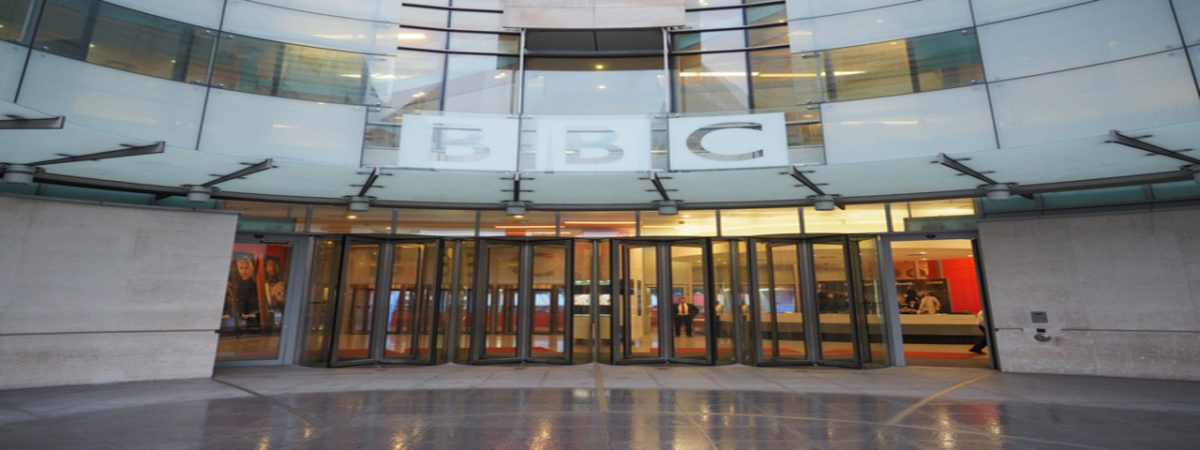SMPC Votes to Hold Interest Rates
SUGGESTED

Radical proposals for the provision of public service television are made today in a new study released by the IEA.

IEA study concludes that "euro is well managed by the ECB but continental EU governments need to address fundamental structural problems in their economies"

The IEA's Shadow Monetary Policy Committee (a group of leading economists that meets to monitor monetary policy and comment on other monetary matters) voted narrowly by five votes to four to hold interest rates at its October meeting.
A majority of the SMPC believed that, as inflation was at the bottom of its target range, it would be wrong to raise interest rates at the moment. To do so, might risk inflation falling too far below target. Whilst some of the five members who voted for rates to remain on hold indicated that they may well support an increase in rates over the coming months, as more data became available, there was concern expressed about the weakness of the private sector.
Prof. Patrick Minford said, “The latest information we have indicates a pretty general slowing in UK and also in world growth. Also it is clear that rising oil prices are having no positive effect on wages and instead are being absorbed in lower price margins and even wages. Hence the fears initially expressed quite widely that we face another resurgence in inflation are proving to be wrong…These developments are now tipping the balance against further rate rises and in favour of the next move being downwards.”
However, the many members of the SMPC felt that the economic data was sending mixed signals. The four members of the SMPC who voted for an immediate increase in interest rates expressed concern about a variety of indicators, including the growth of the world and UK economies relative to capacity, the growth of the money supply and the level of house prices.
Roger Bootle said, “I would increase interest rates by 0.25% primarily because of the housing market. Recent indicators have suggested that the market is indeed turning. But the greatest danger for the Bank of England is the idea gaining hold that rates have peaked and may indeed come down before too long. If this view becomes established then there is a danger of the housing market reigniting. One more rise should do the trick.”
Prof. Kent Matthews view expressed the dilemma faced by the committee. Monetary data and the fact that the capacity of the economy was stretched in the face of a huge switch of resources into the public sector suggested a rate rise but, Prof. Matthews added, “If house prices fell by anything like the figures suggested by the presentation of the economic data at the SMPC meeting, interest rates would have to fall. The economy is on knife-edge and it would be better to wait and see how things pan out. We may need to raise rates before the year-end but for the time being I vote to hold.”
Read the full report here.



